#fisker
Explore tagged Tumblr posts
Text
Cars bricked by bankrupt EV company will stay bricked

On OCTOBER 23 at 7PM, I'll be in DECATUR, presenting my novel THE BEZZLE at EAGLE EYE BOOKS.

There are few phrases in the modern lexicon more accursed than "software-based car," and yet, this is how the failed EV maker Fisker billed its products, which retailed for $40-70k in the few short years before the company collapsed, shut down its servers, and degraded all those "software-based cars":
https://insideevs.com/news/723669/fisker-inc-bankruptcy-chapter-11-official/
Fisker billed itself as a "capital light" manufacturer, meaning that it didn't particularly make anything – rather, it "designed" cars that other companies built, allowing Fisker to focus on "experience," which is where the "software-based car" comes in. Virtually every subsystem in a Fisker car needs (or rather, needed) to periodically connect with its servers, either for regular operations or diagnostics and repair, creating frequent problems with brakes, airbags, shifting, battery management, locking and unlocking the doors:
https://www.businessinsider.com/fisker-owners-worry-about-vehicles-working-bankruptcy-2024-4
Since Fisker's bankruptcy, people with even minor problems with their Fisker EVs have found themselves owning expensive, inert lumps of conflict minerals and auto-loan debt; as one Fisker owner described it, "It's literally a lawn ornament right now":
https://www.businessinsider.com/fisker-owners-describe-chaos-to-keep-cars-running-after-bankruptcy-2024-7
This is, in many ways, typical Internet-of-Shit nonsense, but it's compounded by Fisker's capital light, all-outsource model, which led to extremely unreliable vehicles that have been plagued by recalls. The bankrupt company has proposed that vehicle owners should have to pay cash for these recalls, in order to reserve the company's capital for its creditors – a plan that is clearly illegal:
https://www.veritaglobal.net/fisker/document/2411390241007000000000005
This isn't even the first time Fisker has done this! Ten years ago, founder Henrik Fisker started another EV company called Fisker Automotive, which went bankrupt in 2014, leaving the company's "Karma" (no, really) long-range EVs (which were unreliable and prone to bursting into flames) in limbo:
https://en.wikipedia.org/wiki/Fisker_Karma
Which raises the question: why did investors reward Fisker's initial incompetence by piling in for a second attempt? I think the answer lies in the very factor that has made Fisker's failure so hard on its customers: the "software-based car." Investors love the sound of a "software-based car" because they understand that a gadget that is connected to the cloud is ripe for rent-extraction, because with software comes a bundle of "IP rights" that let the company control its customers, critics and competitors:
https://locusmag.com/2020/09/cory-doctorow-ip/
A "software-based car" gets to mobilize the state to enforce its "IP," which allows it to force its customers to use authorized mechanics (who can, in turn, be price-gouged for licensing and diagnostic tools). "IP" can be used to shut down manufacturers of third party parts. "IP" allows manufacturers to revoke features that came with your car and charge you a monthly subscription fee for them. All sorts of features can be sold as downloadable content, and clawed back when title to the car changes hands, so that the new owners have to buy them again. "Software based cars" are easier to repo, making them perfect for the subprime auto-lending industry. And of course, "software-based cars" can gather much more surveillance data on drivers, which can be sold to sleazy, unregulated data-brokers:
https://pluralistic.net/2023/07/24/rent-to-pwn/#kitt-is-a-demon
Unsurprisingly, there's a large number of Fisker cars that never sold, which the bankruptcy estate is seeking a buyer for. For a minute there, it looked like they'd found one: American Lease, which was looking to acquire the deadstock Fiskers for use as leased fleet cars. But now that deal seems dead, because no one can figure out how to restart Fisker's servers, and these vehicles are bricks without server access:
https://techcrunch.com/2024/10/08/fisker-bankruptcy-hits-major-speed-bump-as-fleet-sale-is-now-in-question/
It's hard to say why the company's servers are so intransigent, but there's a clue in the chaotic way that the company wound down its affairs. The company's final days sound like a scene from the last days of the German Democratic Republic, with apparats from the failing state charging about in chaos, without any plans for keeping things running:
https://www.washingtonpost.com/opinions/2023/03/07/east-germany-stasi-surveillance-documents/
As it imploded, Fisker cycled through a string of Chief Financial officers, losing track of millions of dollars at a time:
https://techcrunch.com/2024/05/31/fisker-collapse-investigation-ev-ocean-suv-henrik-geeta/
When Fisker's landlord regained possession of its HQ, they found "complete disarray," including improperly stored drums of toxic waste:
https://techcrunch.com/2024/10/05/fiskers-hq-abandoned-in-complete-disarray-with-apparent-hazardous-waste-clay-models-left-behind/
And while Fisker's implosion is particularly messy, the fact that it landed in bankruptcy is entirely unexceptional. Most businesses fail (eventually) and most startups fail (quickly). Despite this, businesses – even those in heavily regulated sectors like automotive regulation – are allowed to design products and undertake operations that are not designed to outlast the (likely short-lived) company.
After the 2008 crisis and the collapse of financial institutions like Lehman Brothers, finance regulators acquired a renewed interest in succession planning. Lehman consisted of over 6,000 separate corporate entities, each one representing a bid to evade regulation and/or taxation. Unwinding that complex hairball took years, during which the entities that entrusted Lehman with their funds – pensions, charitable institutions, etc – were unable to access their money.
To avoid repeats of this catastrophe, regulators began to insist that banks produce "living wills" – plans for unwinding their affairs in the event of catastrophe. They had to undertake "stress tests" that simulated a wind-down as planned, both to make sure the plan worked and to estimate how long it would take to execute. Then banks were required to set aside sufficient capital to keep the lights on while the plan ran on.
This regulation has been indifferently enforced. Banks spent the intervening years insisting that they are capable of prudently self-regulating without all this interference, something they continue to insist upon even after the Silicon Valley Bank collapse:
https://pluralistic.net/2023/03/15/mon-dieu-les-guillotines/#ceci-nes-pas-une-bailout
The fact that the rules haven't been enforced tells us nothing about whether the rules would work if they were enforced. A string of high-profile bankruptcies of companies who had no succession plans and whose collapse stands to materially harm large numbers of people tells us that something has to be done about this.
Take 23andme, the creepy genomics company that enticed millions of people into sending them their genetic material (even if you aren't a 23andme customer, they probably have most of your genome, thanks to relatives who sent in cheek-swabs). 23andme is now bankrupt, and its bankruptcy estate is shopping for a buyer who'd like to commercially exploit all that juicy genetic data, even if that is to the detriment of the people it came from. What's more, the bankruptcy estate is refusing to destroy samples from people who want to opt out of this future sale:
https://bourniquelaw.com/2024/10/09/data-23-and-me/
On a smaller scale, there's Juicebox, a company that makes EV chargers, who are exiting the North American market and shutting down their servers, killing the advanced functionality that customers paid extra for when they chose a Juicebox product:
https://www.theverge.com/2024/10/2/24260316/juicebox-ev-chargers-enel-x-way-closing-discontinued-app
I actually owned a Juicebox, which ultimately caught fire and melted down, either due to a manufacturing defect or to the criminal ineptitude of Treeium, the worst solar installers in Southern California (or both):
https://pluralistic.net/2024/01/27/here-comes-the-sun-king/#sign-here
Projects like Juice Rescue are trying to reverse-engineer the Juicebox server infrastructure and build an alternative:
https://juice-rescue.org/
This would be much simpler if Juicebox's manufacturer, Enel X Way, had been required to file a living will that explained how its customers would go on enjoying their property when and if the company discontinued support, exited the market, or went bankrupt.
That might be a big lift for every little tech startup (though it would be superior than trying to get justice after the company fails). But in regulated sectors like automotive manufacture or genomic analysis, a regulation that says, "Either design your products and services to fail safely, or escrow enough cash to keep the lights on for the duration of an orderly wind-down in the event that you shut down" would be perfectly reasonable. Companies could make "software based cars" but the more "software based" the car was, the more funds they'd have to escrow to transition their servers when they shut down (and the lest capital they'd have to build the car).
Such a rule should be in addition to more muscular rules simply banning the most abusive practices, like the Oregon state Right to Repair bill, which bans the "parts pairing" that makes repairing a Fisker car so onerous:
https://www.theverge.com/2024/3/27/24097042/right-to-repair-law-oregon-sb1596-parts-pairing-tina-kotek-signed
Or the Illinois state biometric privacy law, which strictly limits the use of the kind of genomic data that 23andme collected:
https://www.ilga.gov/legislation/ilcs/ilcs3.asp?ActID=3004
Failing to take action on these abusive practices is dangerous – and not just to the people who get burned by them. Every time a genomics research project turns into a privacy nightmare, that salts the earth for future medical research, making it much harder to conduct population-scale research, which can be carried out in privacy-preserving ways, and which pays huge scientific dividends that we all benefit from:
https://pluralistic.net/2022/10/01/the-palantir-will-see-you-now/#public-private-partnership
Just as Fisker's outrageous ripoff will make life harder for good cleantech companies:
https://pluralistic.net/2024/06/26/unplanned-obsolescence/#better-micetraps
If people are convinced that new, climate-friendly tech is a cesspool of grift and extraction, it will punish those firms that are making routine, breathtaking, exciting (and extremely vital) breakthroughs:
https://www.euronews.com/green/2024/10/08/norways-national-football-stadium-has-the-worlds-largest-vertical-solar-roof-how-does-it-w

Tor Books as just published two new, free LITTLE BROTHER stories: VIGILANT, about creepy surveillance in distance education; and SPILL, about oil pipelines and indigenous landback.


If you'd like an essay-formatted version of this post to read or share, here's a link to it on pluralistic.net, my surveillance-free, ad-free, tracker-free blog:
https://pluralistic.net/2024/10/10/software-based-car/#based
#pluralistic#enshittification#evs#automotive#bricked#fisker#ocean#cleantech#iot#internet of shit#autoenshittification
577 notes
·
View notes
Text


small fisker and his big shark mom
#ocs#fisker#shark mom#furry#she doesn't have a name but i think..... it's neat if she doesn;t#maybe a title but much to think about#I LOVE HER TEEHEE#told myself i'd never draw or think abt her#here we are
234 notes
·
View notes
Text
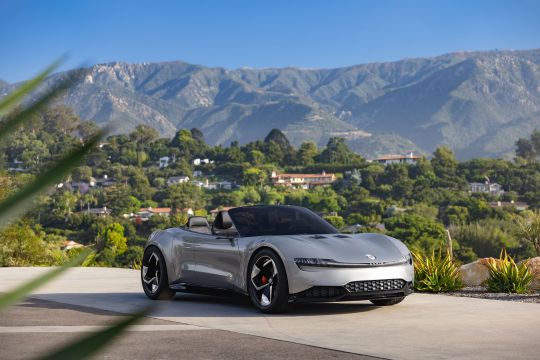

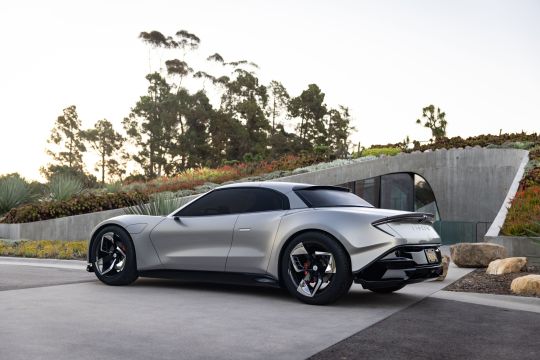
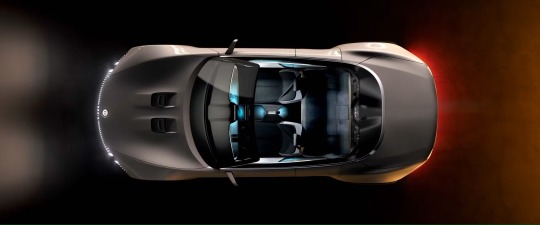
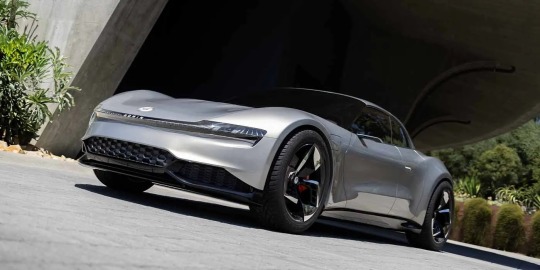


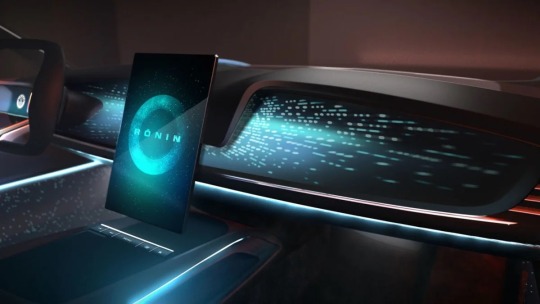
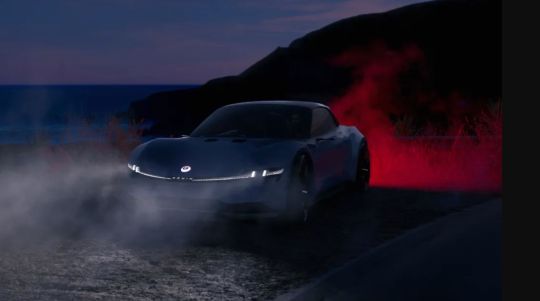
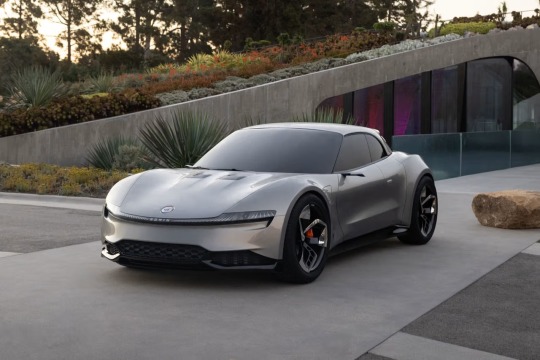
Fisker Rōnin Super GT Convertible EV 1,000 HP
#art#design#supercars#sport cars#luxurycars#supercar#luxurylifestyle#luxurycar#hypercars#fisker#ronin#e-car#electric cars#all electric#convertible#GT#fisker ronin
275 notes
·
View notes
Text





Fisker Pear Concept, 2023. A prototype for a new entry level crossover model to be priced at $29,900 aimed at "young people living in the world's big cities."
163 notes
·
View notes
Text












Fisker Karma 2012. - source Piston Addict.
30 notes
·
View notes
Text









i really do wanna see the video with mkbhd’s reaction
14 notes
·
View notes
Text

2012 Fisker Karma
6 notes
·
View notes
Text

I'm thrilled to introduce you to the 2024 Fisker Ocean, a game-changing electric SUV that combines sustainability, style, and performance. Here’s why you’ll love it
youtube
2 notes
·
View notes
Text
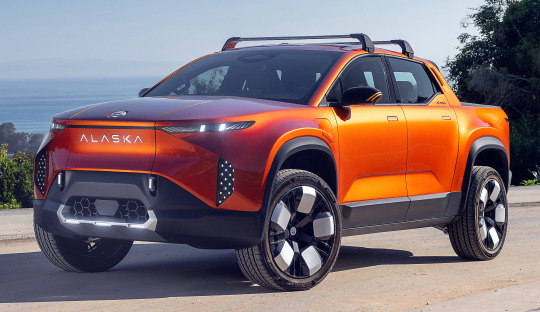


Fisker Alaska Concept, 2023. A prototype for a new electric pick-up with a range of 340 miles and production beginning in the first quarter of 2025. Fisker is targeting starting price of $45,400
132 notes
·
View notes
Text


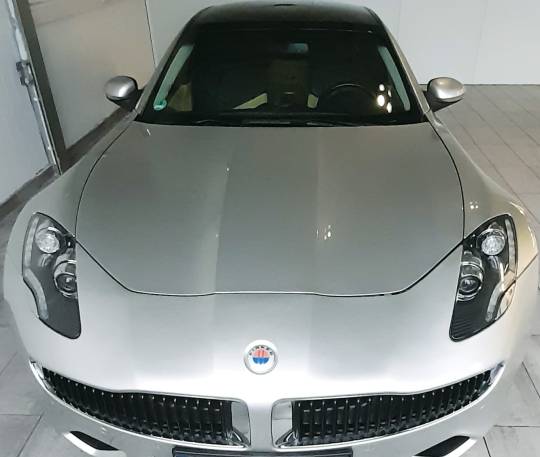



Fisker Karma 2012. - source Piston Addict.
48 notes
·
View notes
Text





the AWD SUV will have a 106.5 kWh usable battery which will offer 0 – 62 times of 3.9 seconds, 127 mph top speeds and 420 kW (or 563 hp). Expect a combined winter range of 280 miles with warmer weather allowing for 375 miles. On charging, the 11 kW AC max will allow 11 hours and 30 min 0 – 100% charging times with the 250 kW DC maximum allowing 35 minute 10 – 80% times. A cargo volume of 476L is available with this car. It has a vehicle fuel equivalent of 125 mpg. This option can tow 1820kg (braked). This EV will have no Bidirectional charging.
2 notes
·
View notes
Text
Le juge approuve le plan de faillite Fisker favorisé par les propriétaires de voitures
Fisker Inc. finira les opérations dans le cadre d'un plan de faillite approuvé vendredi qui devrait permettre aux propriétaires de voitures de conduire leurs voitures pendant des années – tout en ne payant rien aux actionnaires qui ont été anéantis en investissant dans le défunt fabricant de véhicules électriques du sud de la Californie. Le plan approuvé par le juge du tribunal de faillite…
0 notes
Text
Fisker всё. Может всё же «сапоги должен тачать сапожник»?
Fisker всё – закончилась ещё одна электромобильная история. Причём, тут для Хенрика Фискера, основателя обанкротившейся ныне, судя по всему, компании «Fisker Inc», это была уже вторая попытка на поприще главы автомобильной компании своего имени. Хенрик Фискер Ещё в 2007 году он основал «Fisker Automotive», в рамках которой с партнёрами начал выпуск спортивного гибрида «Fisker Karma». Но тогда…
0 notes



